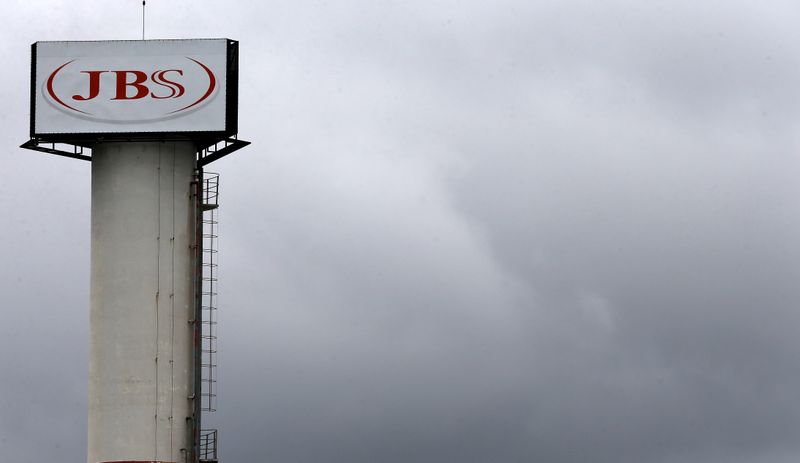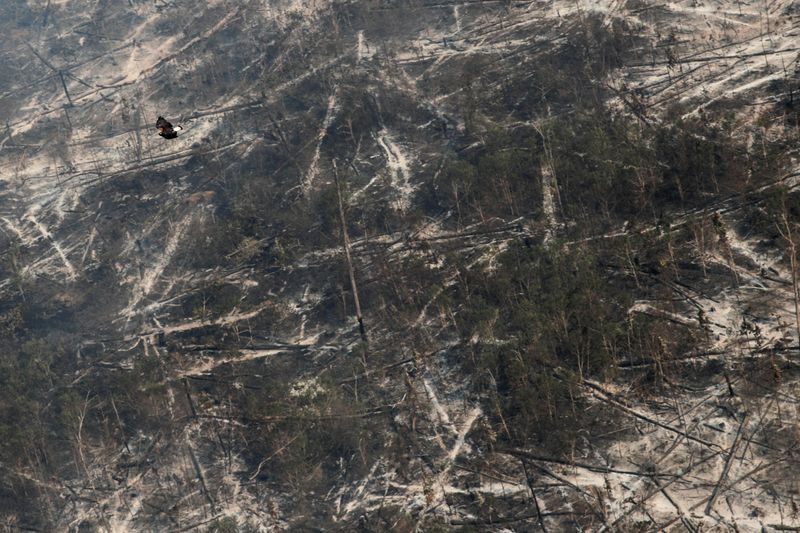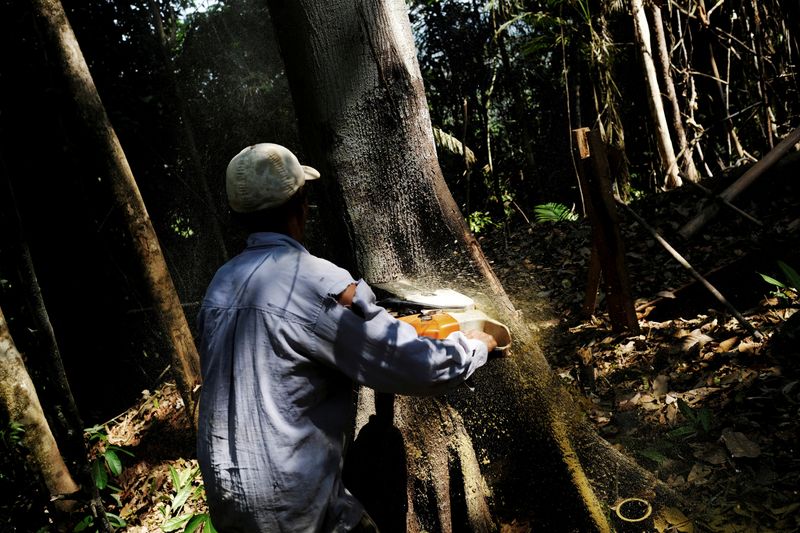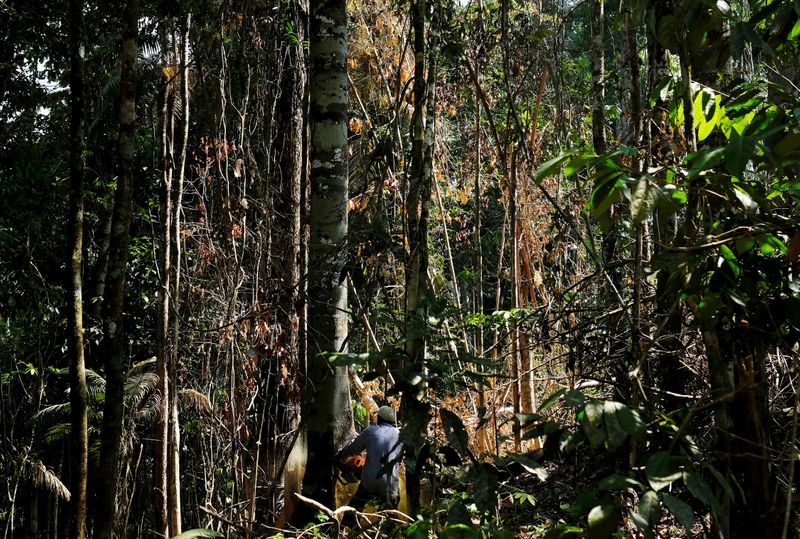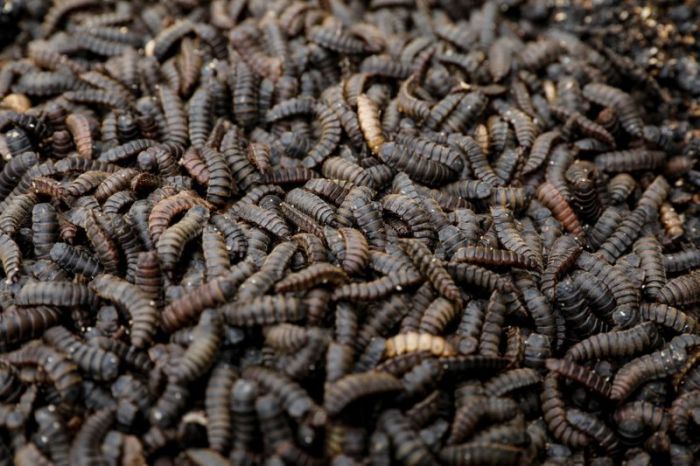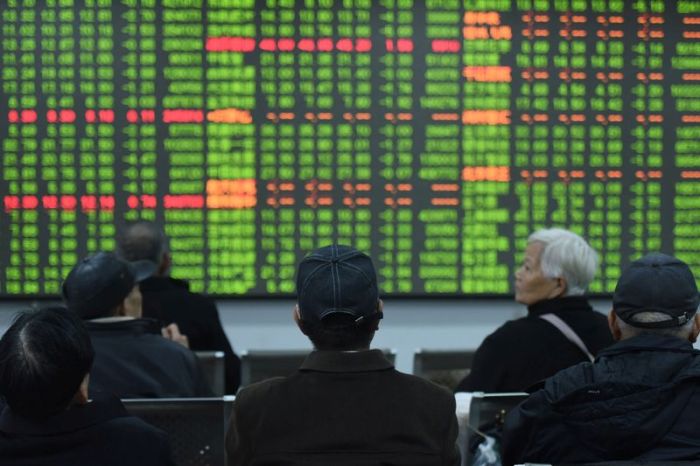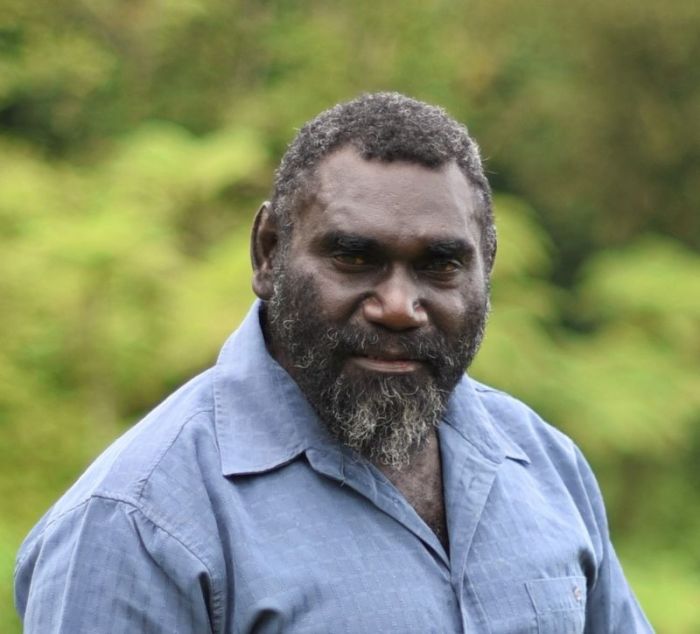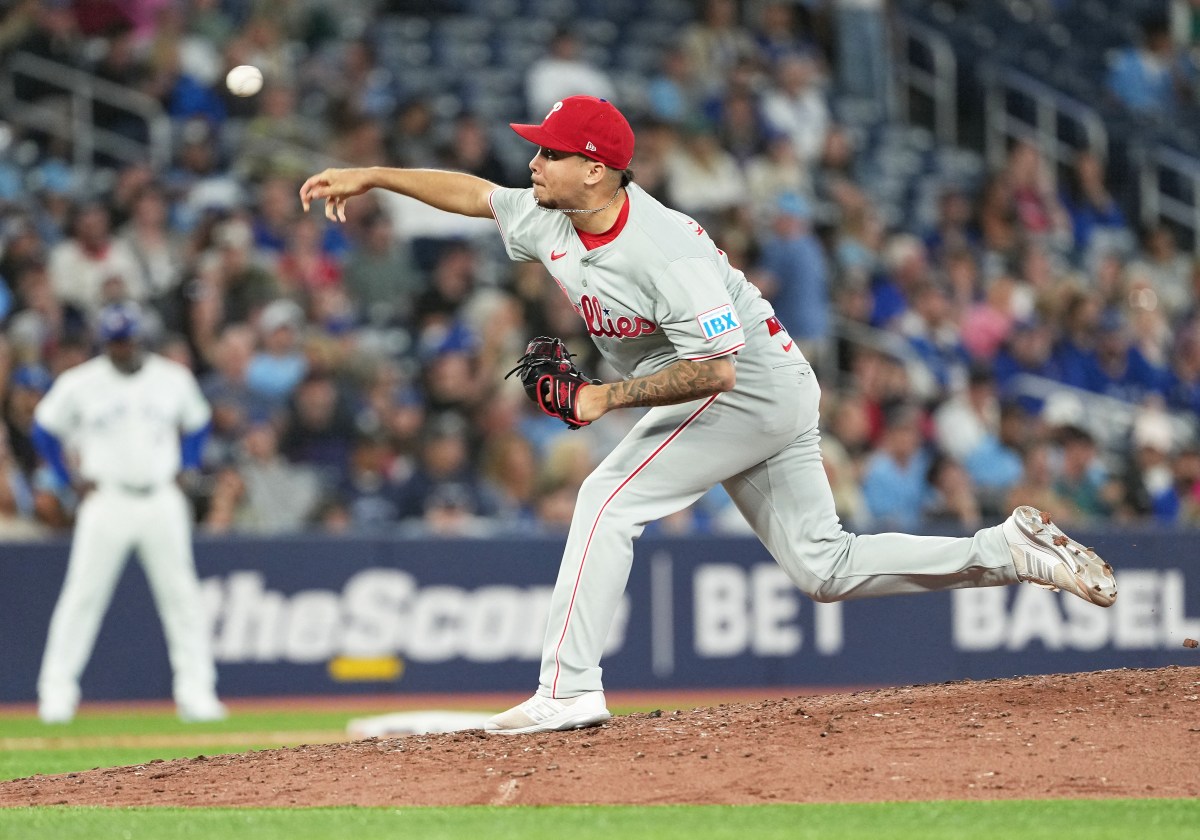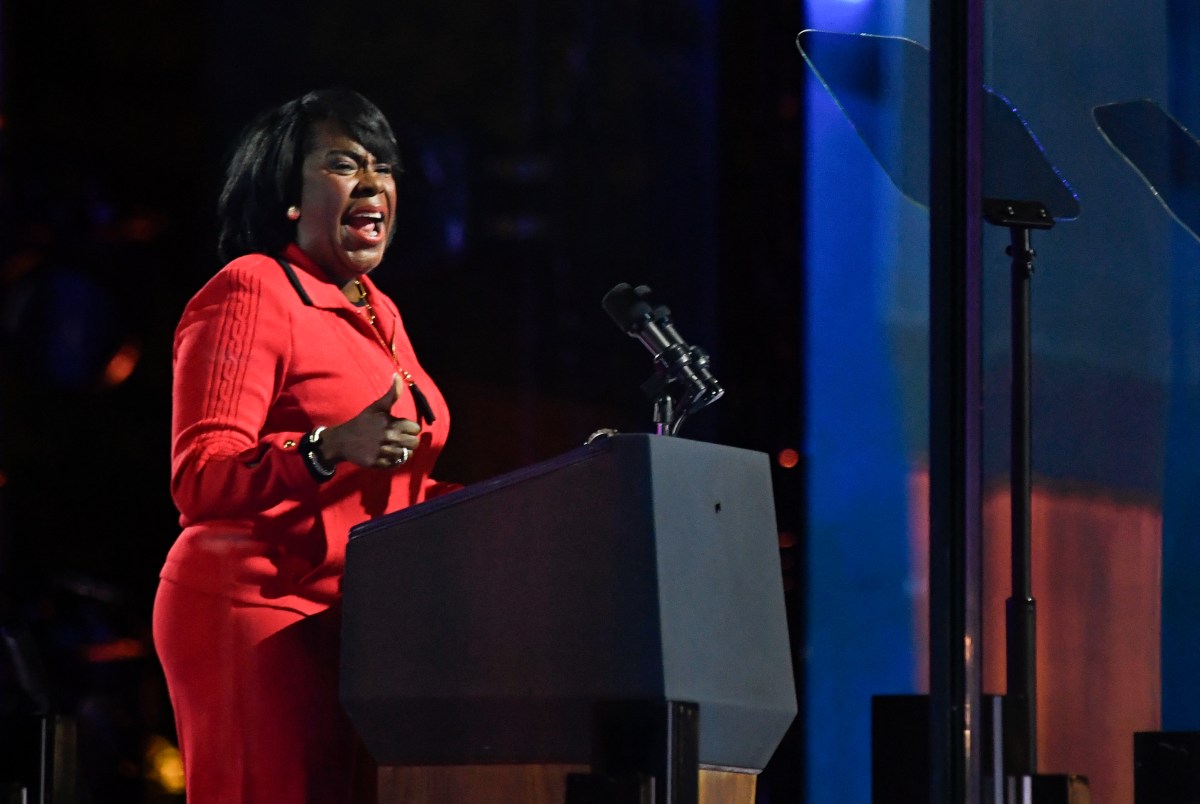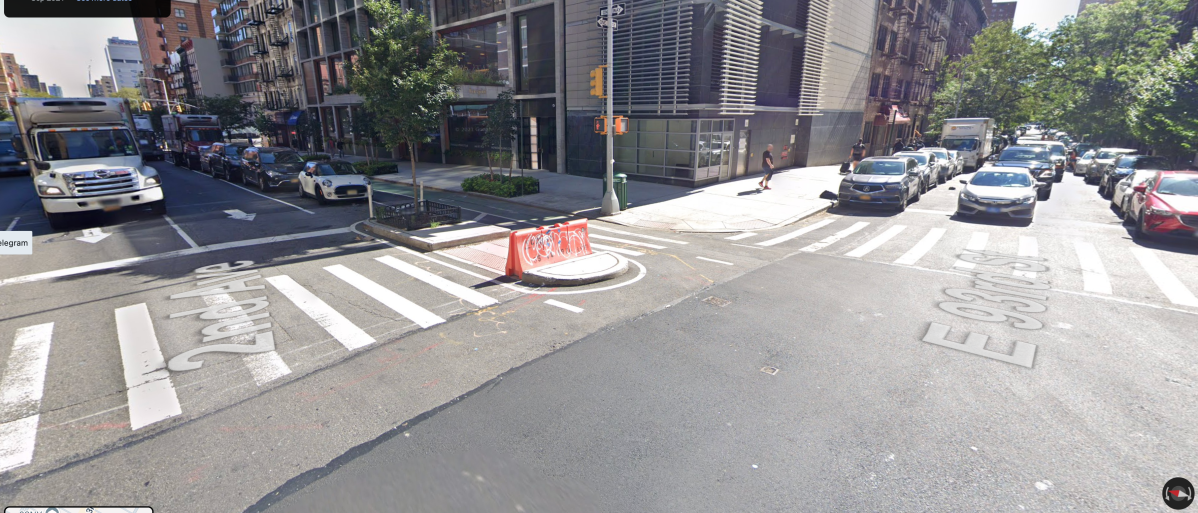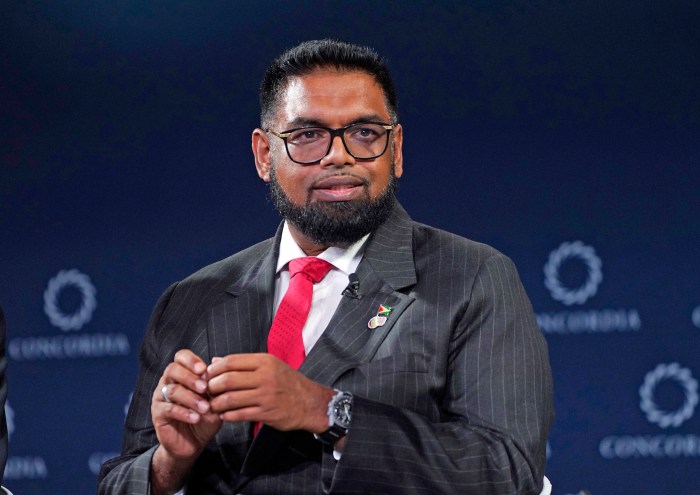SAO PAULO (Reuters) – JBS SA, the world’s top meatpacker, said on Wednesday it plans to combat destruction in the Amazon by monitoring its entire supply chain for deforestation by 2025, as pressure mounts from environmentalists and investors.
Brazilian meatpackers are facing increasing criticism that beef production is fueling deforestation in the Amazon, where cleared land is often used for cattle pasture.
The move is part of a broader set of environmental actions announced by JBS on Wednesday as it launched a 1 billion-real ($182.77 million) fund to foster social and economic development in the Amazon.
The company aims to invest 250 million reais in the fund in its first five years and may invest more 250 million by 2030, depending on donations, global CEO Gilberto Tomazoni said in an interview. Third-party companies are expected to join the project and invest up to 500 million reais.
It comes as deforestation soars. Last year, in the worst destruction for over a decade, an area the size of Lebanon was cut out of the world’s largest rainforest – a vital bulwark against climate change.
JBS, along with other major Brazilian meatpackers, has worked to ensure it does not buy cattle from farms that have cut down the forest without permission, but has previously only monitored the final ranch that sells to them.
Ranches further down the chain, so-called indirect suppliers, have avoided these checks, meaning cattle can be easily “laundered” from illegally cleared pastures to farms with no environmental record that then sell to slaughterhouses like JBS.
JBS said it plans to monitor 100% of its indirect cattle suppliers by 2025, using blockchain.
“Currently, the company does not monitor indirect suppliers and no company does so. But we plan to close this gap using technology,” Tomazoni said, adding its 50,000 direct suppliers are already monitored.
The company plans to use information provided by its suppliers to monitor indirect suppliers, aiming to launch the system in 2021, starting in the Brazilian state of Mato Grosso.
KLP, Norway’s largest pension fund with $80 billion under management, said it would be watching for concrete results.
“If this move by JBS can contribute to responsible and traceable supply chains, it is a positive step but we have to see the detailed evidence in practice,” the fund, which does not own JBS stock and is among a group of the most active global investors threatening to pull out of Brazil-linked investments if the country doesn’t act to curb deforestation.
(Reporting by Roberto Samora, writing by Carolina Mandl and Stephen Eisenhammer, editing by Andrew Heavens and Nick Zieminski)

